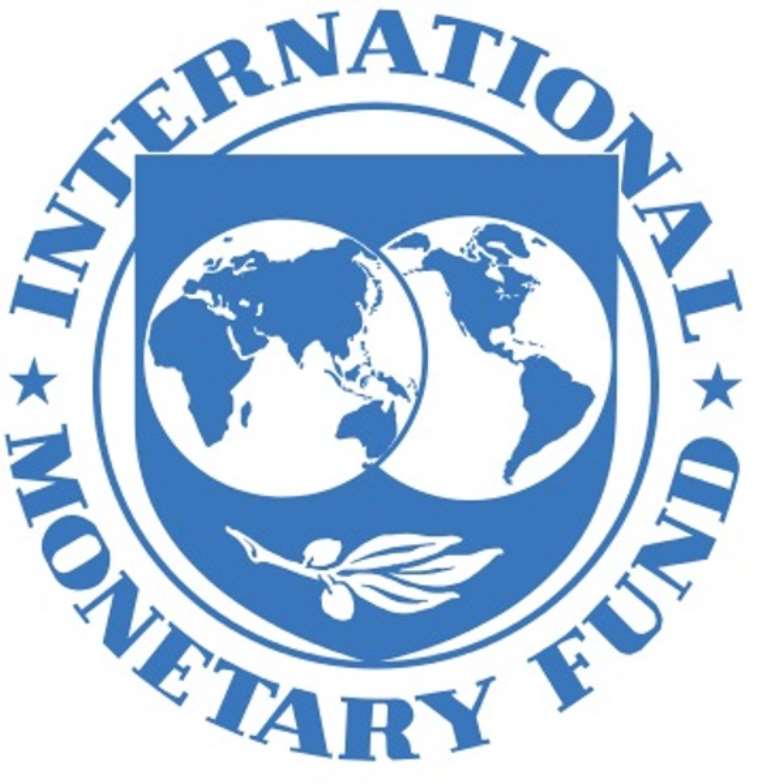Statement by the IMF Mission at the Conclusion of a Visit to Tunisia

TUNIS, Tunisia, March 25, 2014/African Press Organization (APO)/ -- At the request of the Tunisian authorities, a mission from the International Monetary Fund (IMF) led by Mr. Amine Mati visited Tunis from March 6–24, 2014 to conduct the third review of Tunisia's economic and reform program supported by a 24-month Stand-By Arrangement (SBA) approved by the IMF Executive Board on June 7, 2013 (See Press Release No. 13/202). The mission held productive discussions with senior government and central bank officials. It also met with representatives of the banking and private sectors, trade unions, political parties, the donor community, and civil society.
At the end of the visit, Mr. Mati issued the following statement:
“In view of the efforts made to preserve macroeconomic stability in the context of a challenging national and international environment, and the Tunisian authorities' firm commitment to pursue the economic reforms needed to generate more inclusive growth, the IMF mission and the Tunisian authorities reached a staff-level agreement on the third review under the SBA. This agreement is subject to the approval of the IMF Executive Board, which is tentatively scheduled to discuss the review at end-April 2014. The completion of this review would allow for the disbursement of SDR 145 million (about US$225 million).
“The significant progress made at the political level opens the way for clearer prospects, which could help reduce investors' 'wait-and-see' attitude. However, the economic situation remains very fragile, with a growth rate that is too low to meet the population's high social aspirations.
“The recovery of the Tunisian economy remains timid, with a real growth rate estimated at 2.6 percent in 2013, driven mainly by public and private services, and which is expected to remain close to 2.8 percent in 2014. Headline inflation declined to 5.5 percent at end-February 2014, and should remain stable following a slower rise in food prices and the implementation of a prudent monetary policy. The current account deficit widened to 8.4 percent of GDP in 2013, as a result of weak exports of phosphates and low tourism revenues, coupled with weak external demand for Tunisian goods, which is expected to keep the deficit at 7.2 percent of GDP in 2014. On the fiscal front, the deficit improved markedly in 2013 to 4.5 percent of GDP (on a cash basis, excluding grants and privatization receipts), against 5 percent of GDP in 2012, but this is attributable mainly to the deferral to 2014 of the settlement of some payment orders issued in 2013, and to the significant under-execution of investment spending, linked to absorptive capacity constraints. For 2014, the deferral of expenditures will weigh on the budget deficit (on a cash basis), which will widen to 8 percent of GDP and will mainly be financed through external sources.
“Short-term risks to the outlook for the Tunisian economy remain significant, particularly in case of a lengthy political transition period, heightened security tensions, or a worsening of the economic outlook for Tunisia's main trading partners. To address major challenges facing Tunisia, immediate action is needed to control fiscal and external deficits, reduce the banking sector's increasing vulnerabilities, and generate more rapid and inclusive growth that can absorb unemployment and reduce social and economic disparities.
“The implementation of a tight monetary policy and a more flexible exchange rate policy are essential to preserve macroeconomic stability. Controlling the wage bill, realizing a tax reform that fosters transparency and equity, a better monitoring of the performance of public enterprises, as well as gradual replacement of energy subsidies by a better-targeted social safety net, will help create the necessary fiscal space to foster strong and more inclusive growth. Reducing the vulnerabilities of the Tunisian economy also requires a more rapid implementation of the banking sector reform and a renewed and determined effort to accelerate structural reforms critical to job creation, such as a new investment code, the competition law, the bankruptcy law, and trade facilitation measures.
“Protecting the most vulnerable in the population from the impact of reforms and fiscal consolidation continues to be a priority for the Tunisian authorities and the IMF. In this context, the mission noted the efforts made to put in place a unique social identification number as well as the authorities' commitment to establish a program to support vulnerable households.
“The mission would like to thank the authorities and all those with whom they met for their warm welcome, excellent meeting arrangements, and frank and fruitful discussions.”
